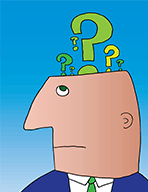
Part 3. The future of self-advocacy: Are there ways A.I.D.D. can help self-advocacy groups be stronger?
The United Sates has a law called the “DD Act”. “Act” means law. “DD” stands for developmental disabilities.
The DD Act makes sure people with disabilities have a say in how they live the community. This is the law!
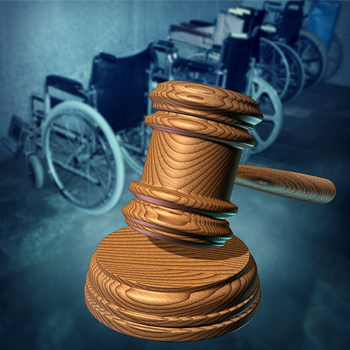
The people in charge of the DD Act work in an office called the A.I.D.D. “A” stands for administration. “IDD” stands for intellectual and developmental disabilities.
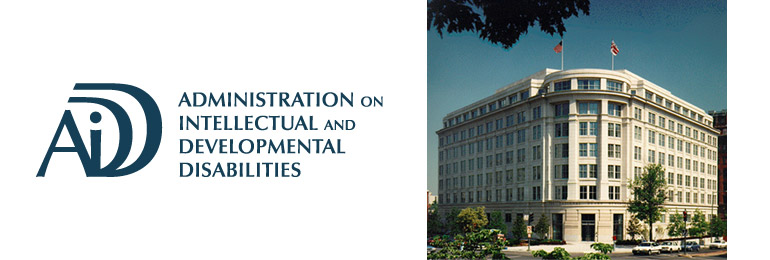
Self-advocacy groups speak up and fight for their rights! Groups need to be strong to do their work. But not all self-advocacy groups are strong.
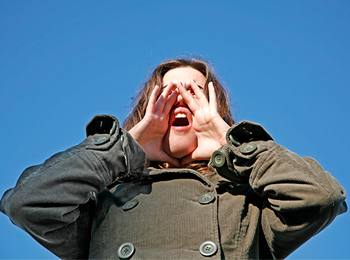
Self-advocate groups need help from the A.I.D.D. to be stronger.
This is the important question: Are there ways A.I.D.D. can help self-advocacy groups to become stronger?
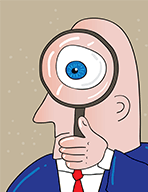
This is what we did
In 2011 and 2012 we held nine big meetings around the United States.
Teams from every state and territory came to the meetings. There were a total of 56 teams.
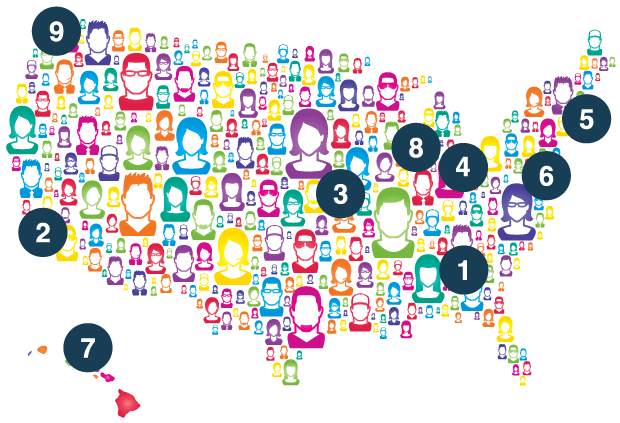
Each team was made up of self-advocates and professionals.
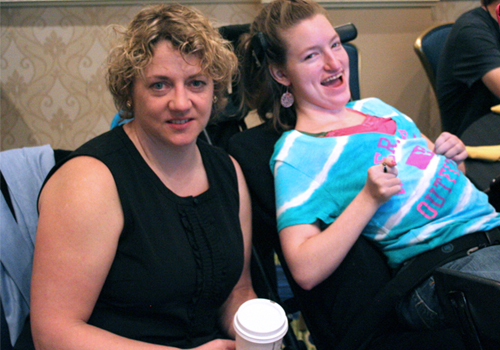
Each team made a list of ways people in the A.I.D.D. could help selfadvocacy groups be stronger.
Teams presented their plans to the whole group.
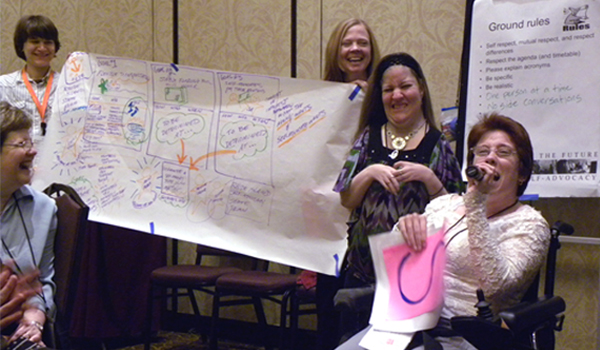
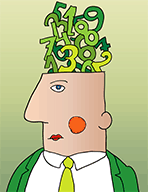
This is how groups said A.I.D.D. could help
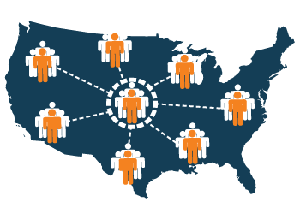
Make a national resource center to help self-advocacy groups get stronger
- Make training centers for states.
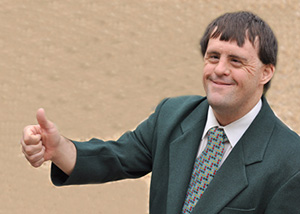
Get more people with disabilities involved in the work of A.I.D.D.:
- Hire people with disabilities.
- Get involved with the things self-advocates care about.
- Use language that is respectful and easy to understand.

Get other U.S. government offices on board with self-advocacy like:
- the Department of Education
- or the Department of Labor.
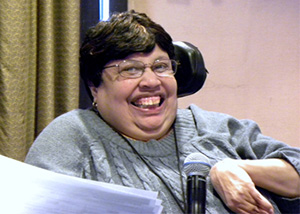
Educate families, businesses, state governors, and the public about self-advocacy.
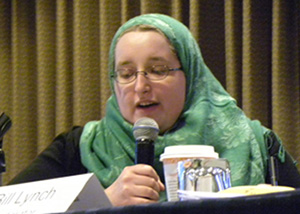
Reach out to people who don’t join self-advocacy groups often:
- Youth with disabilities.
- People with communication barriers.
- People with rare disabilities.
- People of all cultures.
- LGBT (lesbian, gay, bi-sexual, transgendered) people.
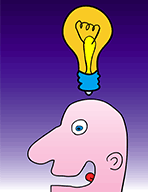
The answer to the question
Are there ways A.I.D.D. can help self-advocacy groups to become stronger?

YES! A.I.D.D. can help self-advocacy groups to be stronger in many ways. They can:
- Fund training centers that are staffed by self-advocates.
- Promote self-advocacy in AIDD and other U.S. government offices.
- Reach out to educate people about self-advocacy and change policy.
A.I.D.D. can help in many ways, but they can’t do all the work. They need help from people with disabilities. Join a self-advocacy group near you!
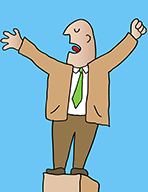
TAKE ACTION! Share this with others
Self-advocacy can make your life better. Join a self-advocacy group near you!
Show this to people in your life:
- Show your friends
- Show your DSP
- Show your family
Show this to people who can make life better for lots of people with disabilities:
- Show policy makers
- Show self-advocacy groups
- Show service providers
Use this information to make your life better
Information about the report
Who did this knowledge translation?
This knowledge translation was created by the Research and Training Center on Community Living at the Institute on Community Integration, University of Minnesota.
Who did this research?
This research was done for the Association of University Centers on Disabilities by the Institute on Disability and Human Development, The University of Illinois at Chicago.
What is the title of the report?
Envisionsing the Future: Allies in Self-Advocacy Final Report
Who wrote the report?
Joe Caldwell, Katie Keiling Arnold, Mary Kay Rizzolo, Institute on Disability and Human Development, The University of Illinois at Chicago
Where can I find the full report?
Full version of the report: http://testaucd.files.wordpress.com/2012/10/2012allies_report_web1.pdf
Short version of the report: http://testaucd.files.wordpress.com/2012/10/self-advocacy-summit-report-summary2012_final.pdf
Video summary of the report: http://www.youtube.com/watch?v=oecRktdpBg8&feature=g-upl
Report citation
Caldwell, J., Arnold, K.K., & Rizzolo, M.K. (2012). Envisionsing the future: Allies in self-advocacy final report. Chicago: The University of Illinois at Chicago, Institute on Disability and Human Development.
